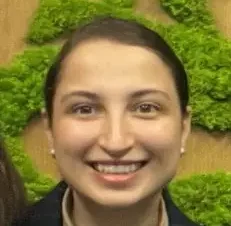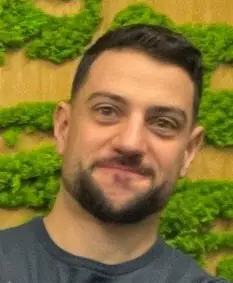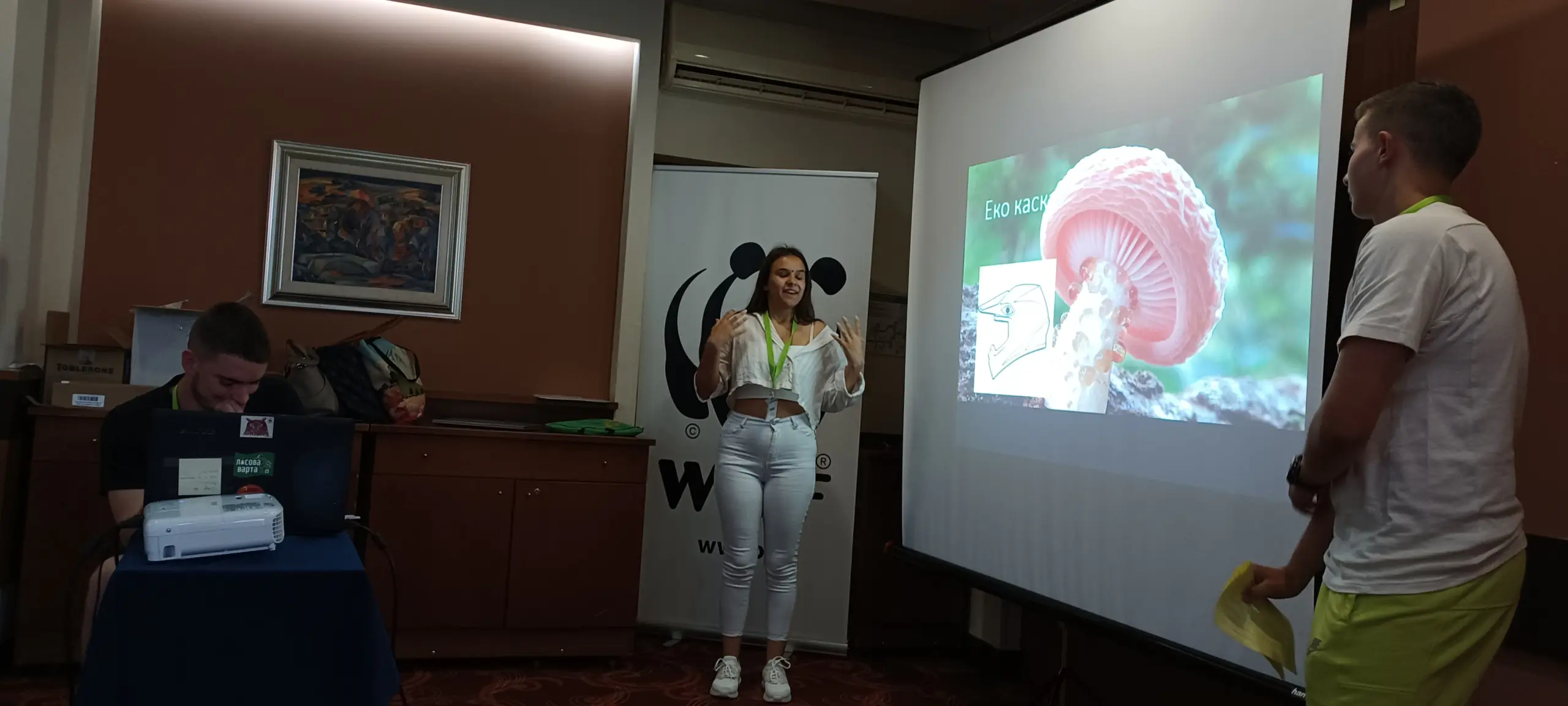Young People in the Balkans Want to End Coal Use
by Sofia Shabafrouz, GIZ/EUKI
Der Strukturwandel in den Kohleregionen des Balkans soll niemanden zurücklassen. Schüler*innen und Student*innen brainstormen auf Hackatons, entwickeln Ideen und diskutieren an Roundtables, wie das gehen kann. Durch das EUKI-geförderte Projekt „Panda Labs Junior for Just Transition“ erproben sie sich im grünen Unternehmertum.
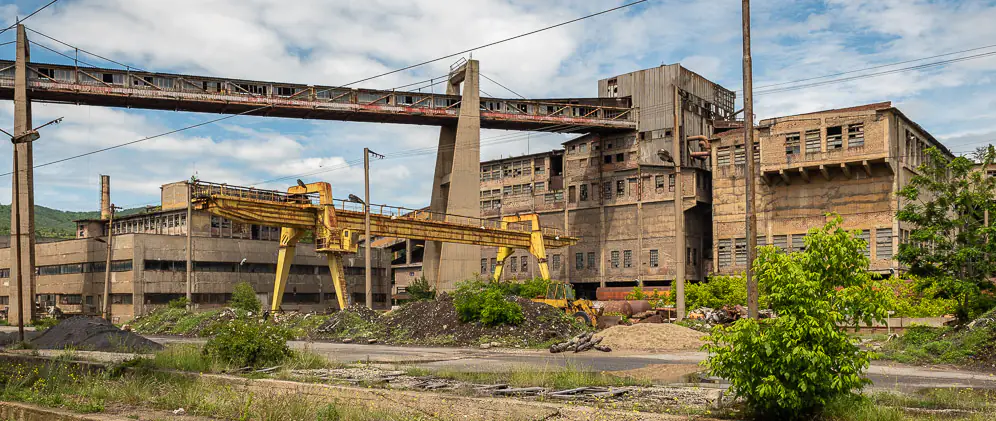
Panda Labs Junior for Just Transition (PLJ4JT) are seeking to achieve a just phase-out of coal-based energy in the coal-mining regions of Bulgaria, Montenegro, North Macedonia and Serbia. Transitioning to a climate-friendly way of life and doing business in these regions has been a key priority of the World Wide Fund For Nature (WWF) for many years now. The organisation has already drawn upon EUKI funding for its work in this area as part of past projects. WWF and the other organisations involved in the project are now placing a particular focus on youth work: ‘We want to use our project to get young people involved in building a better future in these regions,’ says Viktoria Tabakova, Youth Engagement Coordinator at WWF Bulgaria.
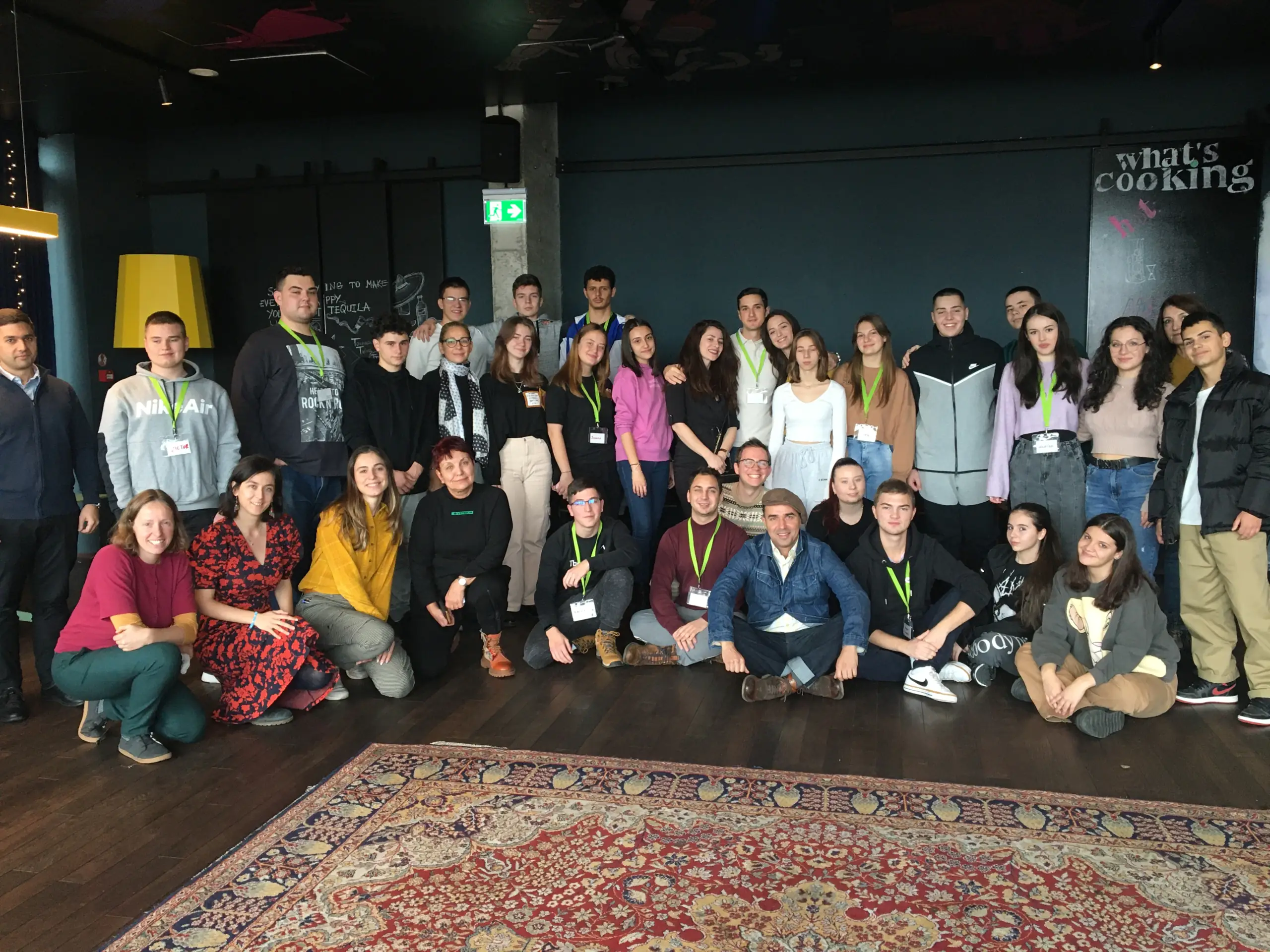
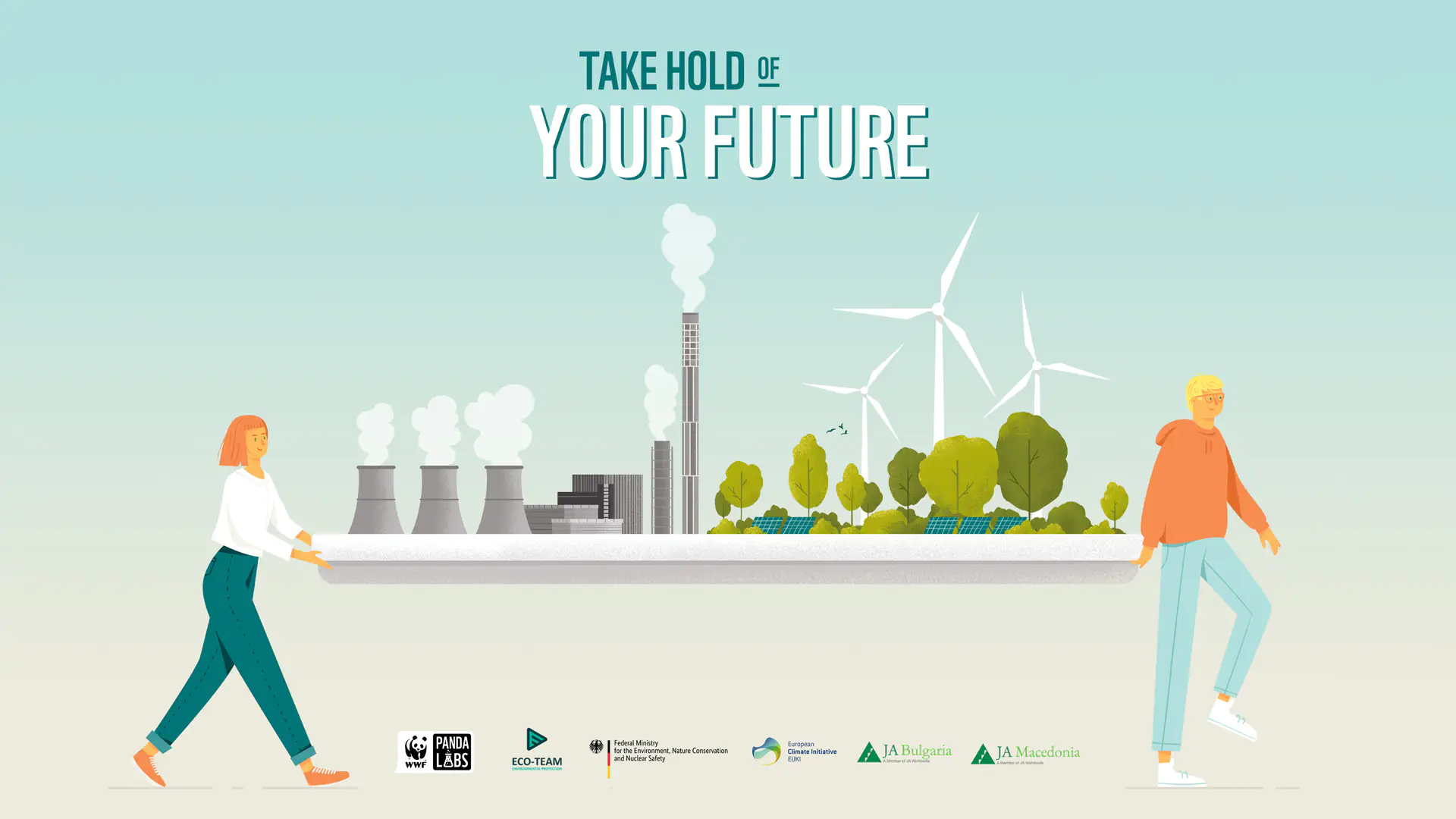
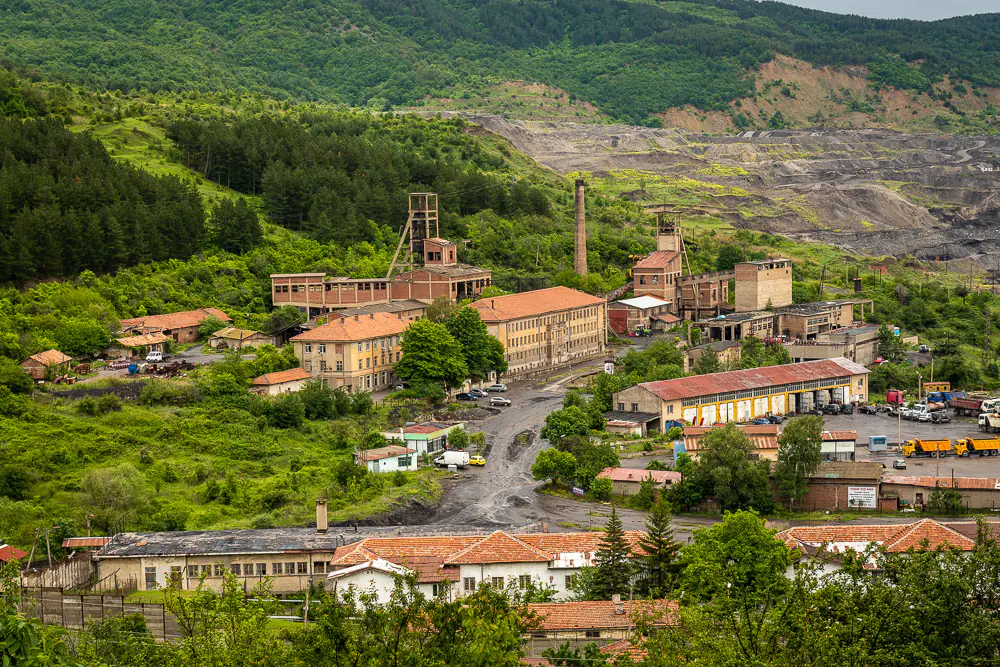
Promoting green entrepreneurship
The project seeks to turn the old coal-mining regions into more sustainable places offering a better quality of life for young people and subsequent generations. This requires that local youth recognise the potential of their home regions, get inspired about climate action and environmental conservation, and work to bring about structural change. The EUKI-funded Panda Labs Junior for Just Transition travel to the young people in these regions – more specifically, to secondary schools in coal-mining towns and cities. They use specially designed curricula to train students in green entrepreneurship with a view to seeing lost mining jobs replaced by new viable forms of employment that do not pollute the environment. The Panda Labs employ a highly practical and participatory approach, organising workshops at secondary schools as well as programmes at selected universities offering students the chance to be mentored by successful green entrepreneurs. Participants from schools and universities gather for hackathons and work together in teams to develop green start-up ideas. The education programme also features a business game in which young people assume the roles of decision-makers, business and trade-union representatives, and discuss things such as land-use plans. They then participate in round-table discussions with the mayors of their respective municipalities, during which they have an opportunity to ask questions and express their opinions.ußern.
Thinking out of the box
Participants in a hackathon in Bulgaria, for instance, re-imagined disused coal mines in the Bulgarian town of Bobov Dol as eco-tourism resorts. They envisaged old containers being converted into hotel rooms that run on solar and hydro power. Vegetables or trees, the latter for reforestation, would then be planted in underground mine shafts illuminated with LED lighting. The developed idea is outlined in a brief PowerPoint presentation at the end of the hackathon as a sustainable solution to a current problem. Images are used to simulate the implementation process and the rough energy costs are calculated. A second team is looking to produce polyester inserts out of mushroom fibres for use in cycling helmets, while a third team is planning to install solar panels and thermal energy systems in schools.
‘It’s all about developing models and prototypes, testing their feasibility and sharing promising solutions with the larger network. Once we’ve selected the best teams and their ideas, these teams participate in further Panda Lab conferences with delegates from a number of different countries,’ explains Kostadin Andonov, Youth Engagement and Innovation Manager at WWF Bulgaria.
Achievements and long-term results
After six hackathons in four target countries, attended by 364 young people in total, the project caught the attention of the Representation of the European Commission in Sofia, which offered the best two teams from the Bulgarian hackathons the opportunity to visit the European Union institutions in Brussels. The trip, which was organised by Junior Achievement Bulgaria and ran from 19 to 21 October 2022, was undertaken by seven school students from Kyustendil.
The team in Bulgaria has already won two national accolades for the successful EUKI Panda Labs project – the ESG Award from PwC for Best Education Programme and a further award for Most Successful Partnership with Kaufland Bulgaria.
WWF will continue the education programme devised for schools and universities once EUKI project funding expires in September 2023. There are plans to roll the programme out to further coal-mining regions in Bulgaria and other countries.
WWF’s Panda Labs are underpinned by a global community whose members work together to find solutions, innovations and partnerships for tackling environmental problems at global and local level. The Panda Labs Junior for Just Transition project is being run by WWF Bulgaria, Junior Achievement Bulgaria, Junior Achievement North Macedonia, WWF Adria-Serbia and Eco Team Sofia.

